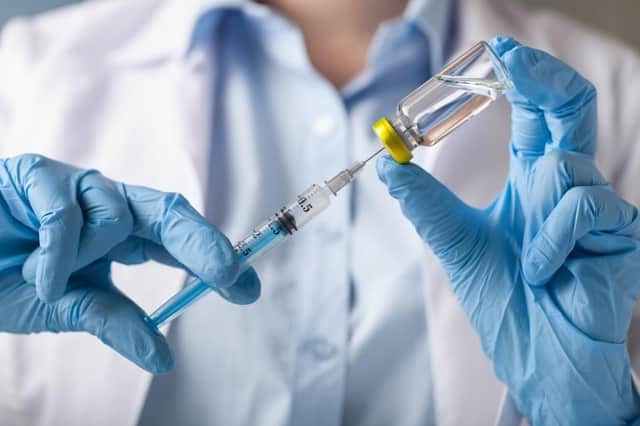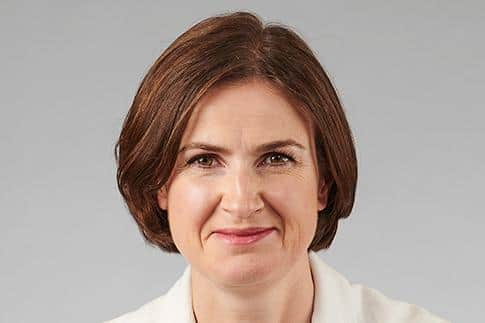No-fault vaccine compensation claims are now a global concern - Joanna Fulton


Well-publicised procurement issues and supply delays are one part of the picture. Another seems to be a lack of trust, whether of the coronavirus vaccine itself or as part of a broader anti-vaxx movement.
Part of the solution, recognised as a critical pillar of any vaccine roll out, is the existence of a no-fault compensation scheme.
Advertisement
Hide AdAdvertisement
Hide AdThis is a stark recognition that sadly (as with any vaccine) it is likely that some people will experience a serious adverse reaction.


The purpose of such schemes is to assess claims by individuals who have experienced serious adverse impairment as a result of a vaccine, and, where proven, to administer payment of a sum to them in recognition.
A well-established but much-criticised scheme already exists in the UK. This was created by the Vaccine Damage Act 1979 and was established as a result of concerns over adverse events related to the diphtheria–tetanus–pertussis vaccine.
Critics point to the fact that since its inception, only 941 claims out of 6,352 have been successful. The vast majority are turned down on the basis it has not been proven the vaccine ‘caused’ the claimed disability on the balance of probability. The upper limit of £120,000 for an award is also regarded as too low in light of the severe disablement that qualifies for an award (at least 60% disabled).
Commentators say a new bespoke scheme for Covid-related events should be established in the UK. Not only should this allow compensation based on need rather than a fixed sum, it should facilitate the process for proving causation, and be more simple, swift and transparent.
The UK scheme sits in a complex puzzle of other no-fault compensation schemes across the world.
The newest of these is the compensation programme linked to the COVAX facility, the international scheme led by the World Health Organisation to ensure everyone in the world has access to a Covid vaccine.
It is the first and only international vaccine compensation scheme of its kind, and is open to individuals in 92 low and middle-income countries who have received a vaccine through COVAX.
Advertisement
Hide AdAdvertisement
Hide AdThere are a number of reported motivations for such a scheme, including a desire to provide reassurance to the public to encourage take-up, but also as an alternative to complex indemnity and liability arrangements apparently requested by some manufacturers.
Inevitably similar issues are likely to arise as with the UK scheme, such as the degree of injury required to obtain a payment, and the need to establish the vaccine as the ‘most probable cause’.
However, there is perhaps a more fundamental issue given the difficulties inherent in promoting and accessing such a scheme in low and middle-income countries.
At its most basic, individuals will need to know of such a scheme in order to seek payment. Accessing the programme requires online access to obtain relevant forms and understand the requirements, albeit there is a free global telephone hotline to assist applicants.
Filling out the relevant paperwork and providing supporting evidence will not be an easy task. The launch of the programme will hopefully be accompanied by information campaigns to extend its reach as far as possible.
Criticism on some of these issues has also been made of the UK scheme, which is not well-publicised and whose processes have been criticised for lack of transparency.
And this in a country with a high level of internet access, literacy and support services.
The promoters of the COVAX Program have to be applauded for their ambition and determination in getting this off the ground.
Advertisement
Hide AdAdvertisement
Hide AdIn Scotland, a no-blame fast track redress scheme for clinical negligence claims was recommended in a report published in 2011. However, the proposal appears to have stagnated.
With nations becoming increasingly insular, both at a political level with global disputes over roll-out and supply of the vaccine, and at a private level as people are confined to narrow city and regional borders, any initiative to increase vaccine uptake is to be welcomed if it propels us to a more open future.
Joanna Fulton is a Partner in Burness Paull’s Dispute Resolution team